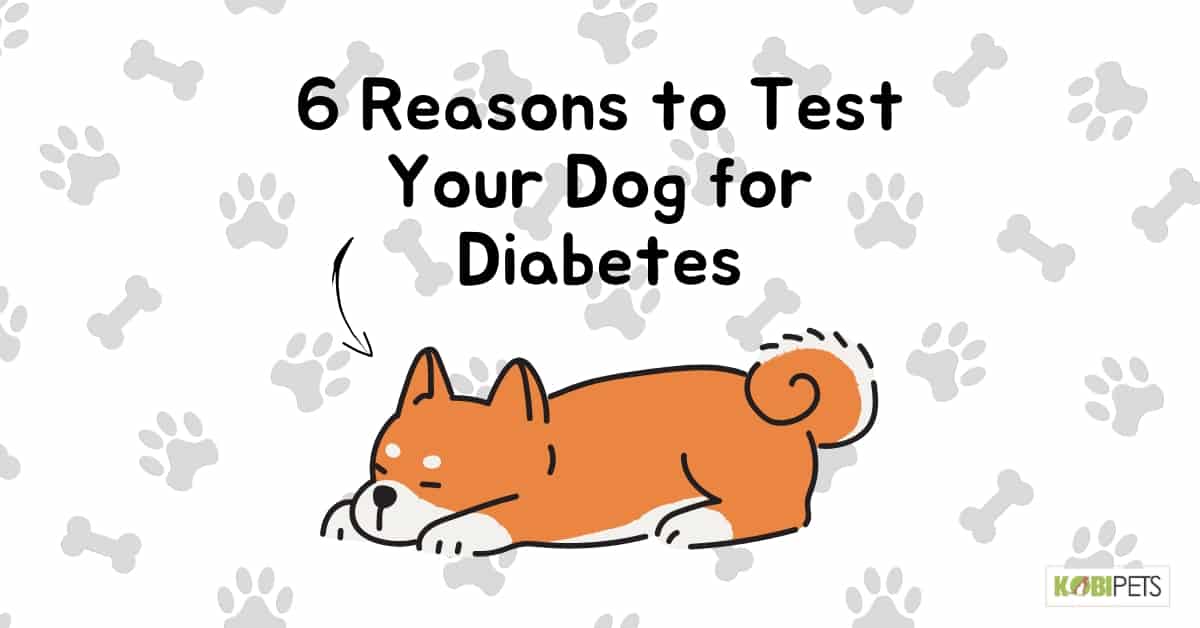
Do you have a dog that seems to be drinking more water than usual? Is your pup losing weight despite eating the same amount of food? These may be signs of diabetes in dogs such as abnormal thirst, weight loss, and changes in appetite. Diabetes is an increasingly common disease among canines, and if left untreated, it can cause serious health complications.
Testing for diabetes is essential if you suspect your dog may have it. Here are 6 reasons to test your dog for diabetes and what to do if the results come back positive.
Why is it Important to Test Your Dog for Diabetes?
Diabetes is a serious health concern for dogs and one of the primary symptoms is high levels of glucose in the blood. Understanding your dog’s risk factors for diabetes and recognizing the potential signs can help you detect the disease early, offering far better treatment outcomes.
Diabetes in dogs means altered metabolism, often leading to obesity. Regular testing can be instrumental in catching the condition before it progresses and causes more extreme health risks like vision loss, organ failure, or damage to nerve cells.
Knowing your pup’s diabetes status provides invaluable insight into managing their overall health, which may include diet modification, exercise regimens, and medication adjustments as necessary. Ultimately, testing your dog for diabetes cannot be overrated as it is an essential part of ensuring a longer healthier life for man’s best friend.

6 Reasons to Test Your Dog for Diabetes
Diabetes can be a devastating and serious health issue for your dog. It’s important to know the reasons why you should test your pet for the condition, so you can help them live the best possible life. Untreated diabetes can lead to long-term consequences, including death.
An early diagnosis is therefore essential for improved outcomes and better quality of life for your furry companion. Knowing the reasons to test your dog for diabetes will also help you recognize any symptoms before they become dangerous.
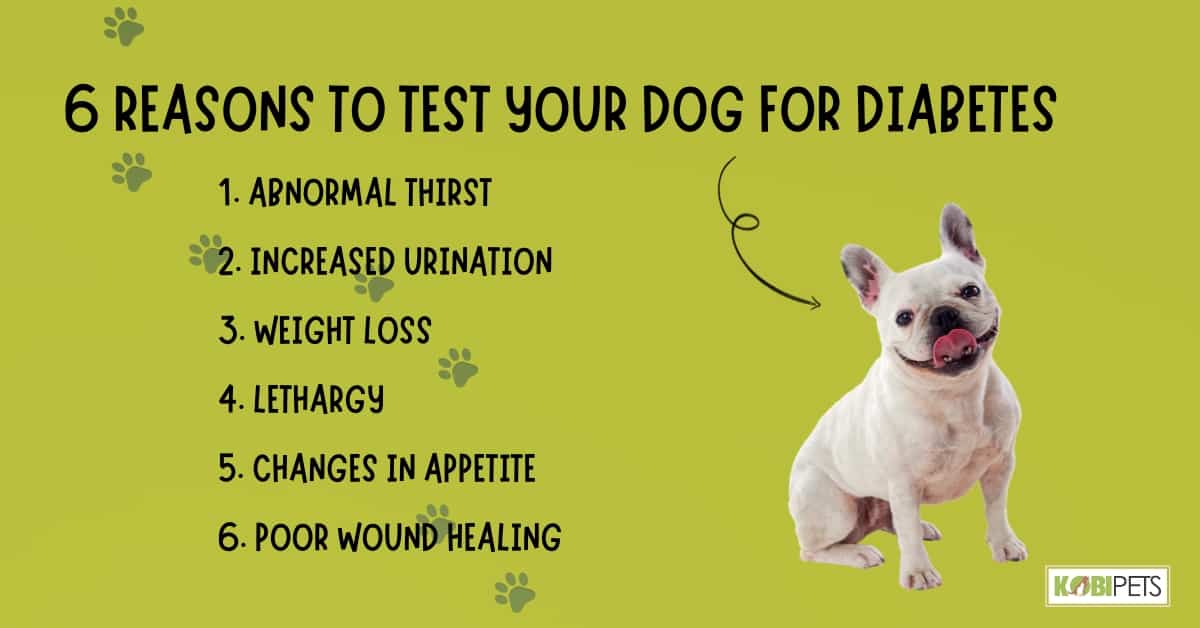
6 Reasons to Test Your Dog for Diabetes
1. Abnormal thirst
Abnormal thirst in your dog is often a symptom of diabetes and could indicate an underlying health issue. Increasing water intake is an early warning sign of canine diabetes and should be monitored closely.
If you notice that your pup is drinking more water than normal, it may be best to get them checked out at the vet. Early detection helps to ensure that proper treatment can start as soon as possible, making diagnosis and treatment easier on both you and your furry companion.
So keep an eye out for changes in water consumption. If the behavior persists then it’s important to consult with a veterinary professional who can help determine the cause of your pup’s increased thirst and provide personalized advice for managing their care.

2. Increased urination
Diabetes can be a scary diagnosis for your dog, but catching it early and starting treatment can make all the difference. One of the most common warning signs for diabetes in dogs is frequent and increased urination- if your pup seems to be going more often and producing more urine than usual, it may be time to get them tested.
Diabetes can develop and affect your pet very quickly, so it’s important to take note of any changes you might see in your dog and act on them as soon as possible; they could mean the difference between a healthy canine companion or one that suffers from irreversible effects of the poorly managed disease.

3. Weight loss
Weight loss is a common sign of diabetes in dogs, but it can also be easily overlooked or mistaken for diseases such as cancer. It is therefore important for pet owners to monitor their dog’s weight and watch out for any dramatic changes that could point to an underlying health issue, like diabetes.
Testing for diabetes is an essential step in early diagnosis and treatment. Owners should also discuss dietary options with a veterinarian and adjust their dog’s diet according to its individual needs.
If a dog has been losing weight and there are no obvious environmental factors or nutritional deficits causing the problem, then testing the pet for diabetes should form part of a comprehensive medical plan. Early detection may enable more effective treatments, greatly improving quality of life and long-term prognosis.

4. Lethargy
Being lethargic is a classic symptom of diabetes, so if your dog has become unusually tired or sedentary, it might be time to have the vet do a thorough check-up. Diabetes can be easily treated and managed with proper monitoring, diet, and exercise, but left unchecked it can cause harm to your pup’s organs and weaken their immune system.
If you think your pup may be too lazy lately, have them checked for diabetes as soon as possible. Early detection and treatment can save your dog from potentially serious long-term health effects.

5. Changes in appetite
Changes in appetite can be an indicator that your dog is facing a health problem, potentially diabetes. Dogs with diabetes may rapidly lose or gain weight due to changes in insulin levels.
Regularly testing your pet’s blood glucose levels is essential to maintain strong glucose control, so if you notice particularly extreme changes in their appetite, it should serve as a sign that something more is at play.
Depending on the diagnosis, daily blood sugar checks and informed decisions on nutrition are imperative for helping pets manage the condition. Always consult with your vet immediately when drastic changes become apparent to ensure that diabetes, or any other potential issues, can be detected and addressed as soon as possible for ultimate health and wellness
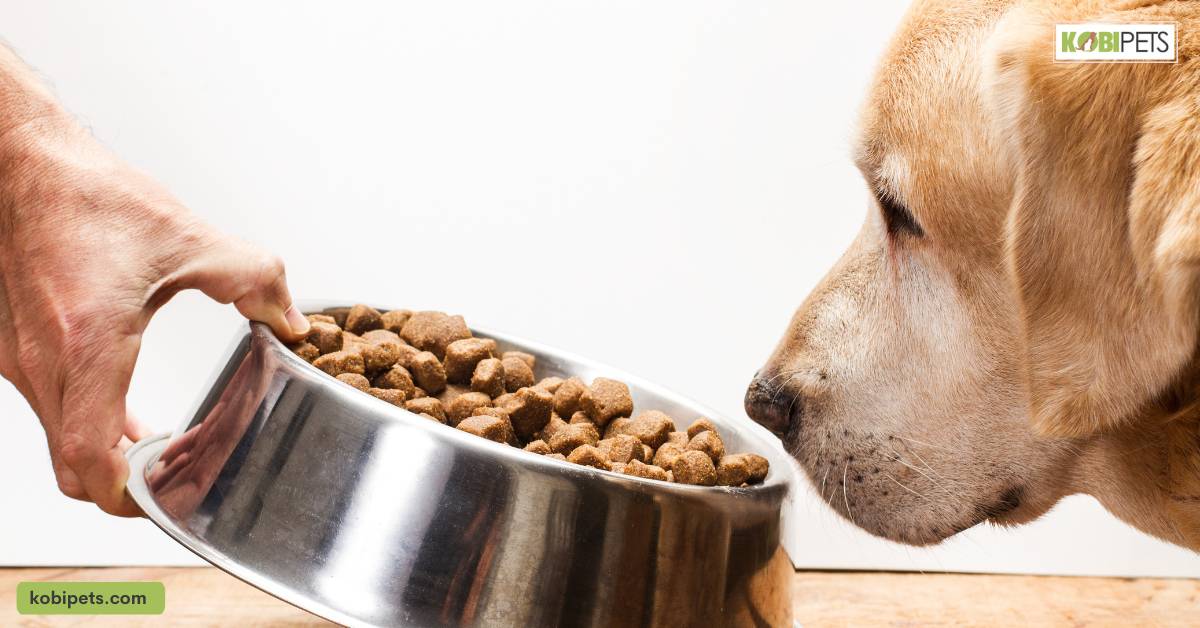
6. Poor wound healing
As a pet parent, it’s important to pay attention to your dog’s health and be aware of common underlying health issues that can cause poor wound healing. Diabetes is one such issue that may warrant testing.
High blood sugar levels due to diabetes can suppress the immune system, leading to difficulty in healing wounds as well as an increased risk of infection. Fortunately, testing for diabetes is simple with a veterinarian-ordered blood test.
If diabetes is detected, appropriate treatment and lifestyle changes can be recommended, restoring your pet’s ability to heal quickly. Keeping an eye out for signs like slow-healing wounds can help keep your four-legged family member happy and healthy for many years to come.
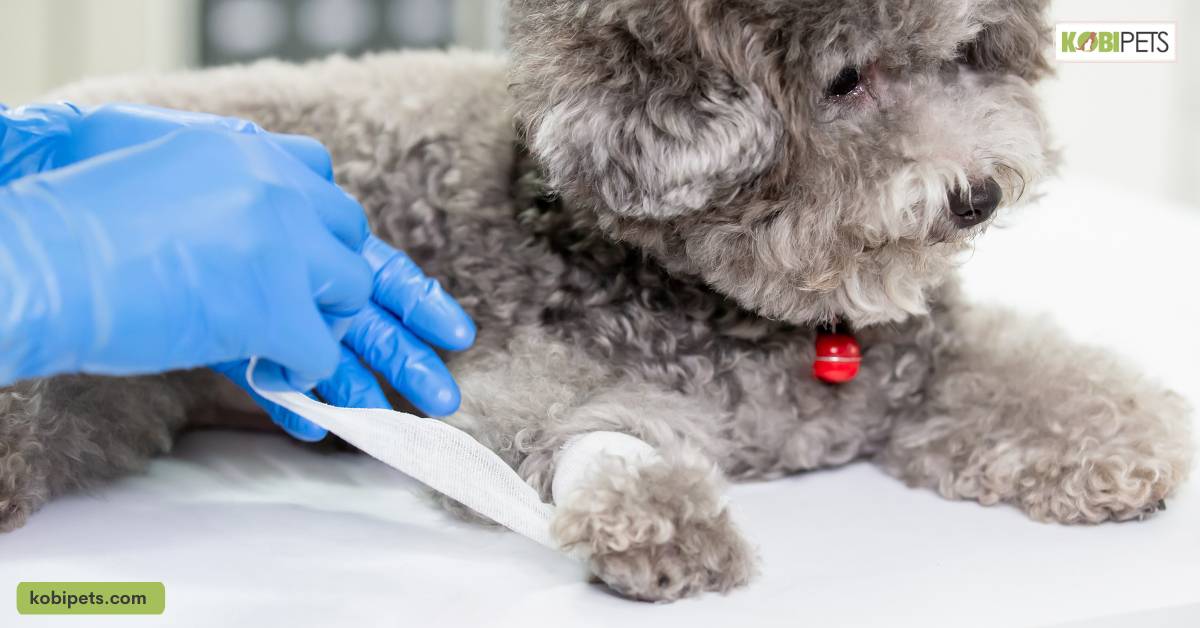
How Will My Veterinarian Test My Dog for Diabetes?
When an owner suspects their dog may be suffering from diabetes, there are a few tests that the veterinarian can run to assist in the diagnosis.
Generally, the veterinarian will start with a physical examination of the dog to look for signs of weight loss and evaluate hydration levels. Next, the veterinarian may suggest running either a urine ketone test or a glucose curve test. To administer a urine ketone test, the vet will take a sample from your dog’s bladder and measure it for any abnormally high levels of ketones (an indication of diabetes).
The glucose curve test involves giving your pup controlled amounts of sugar throughout an 8-12 hour period and evaluating his blood sugar levels over time to detect if there is too much sugar being produced or not enough sugar being used by the body.
By receiving this valuable information through these tests, your vet can properly diagnose and treat any issues arising from diabetes in your pet.
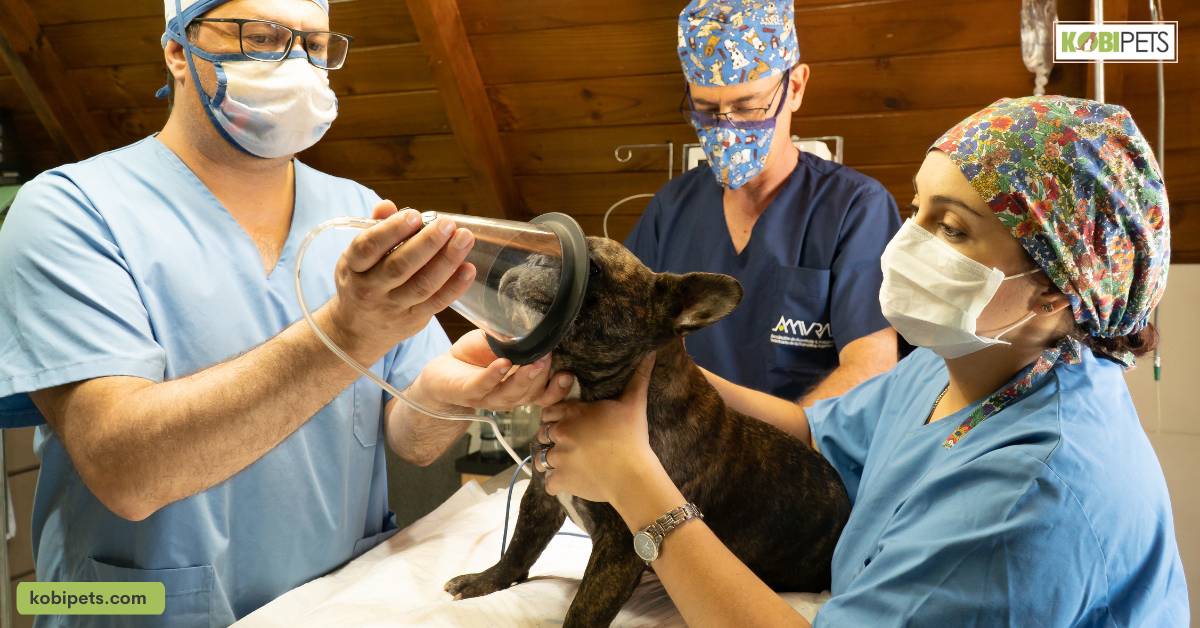
In Conclusion
At the end of the day, testing your dog for diabetes is an important part of taking care of their overall health. If you suspect that your dog may have diabetes, it is essential to get them tested as soon as possible.
Knowing the reasons and symptoms to look out for can help you recognize the condition in its early stages, giving you the best chance to effectively manage and treat it. With the right care and attention, you can ensure that your pup has a healthy and happy life for years to come.






